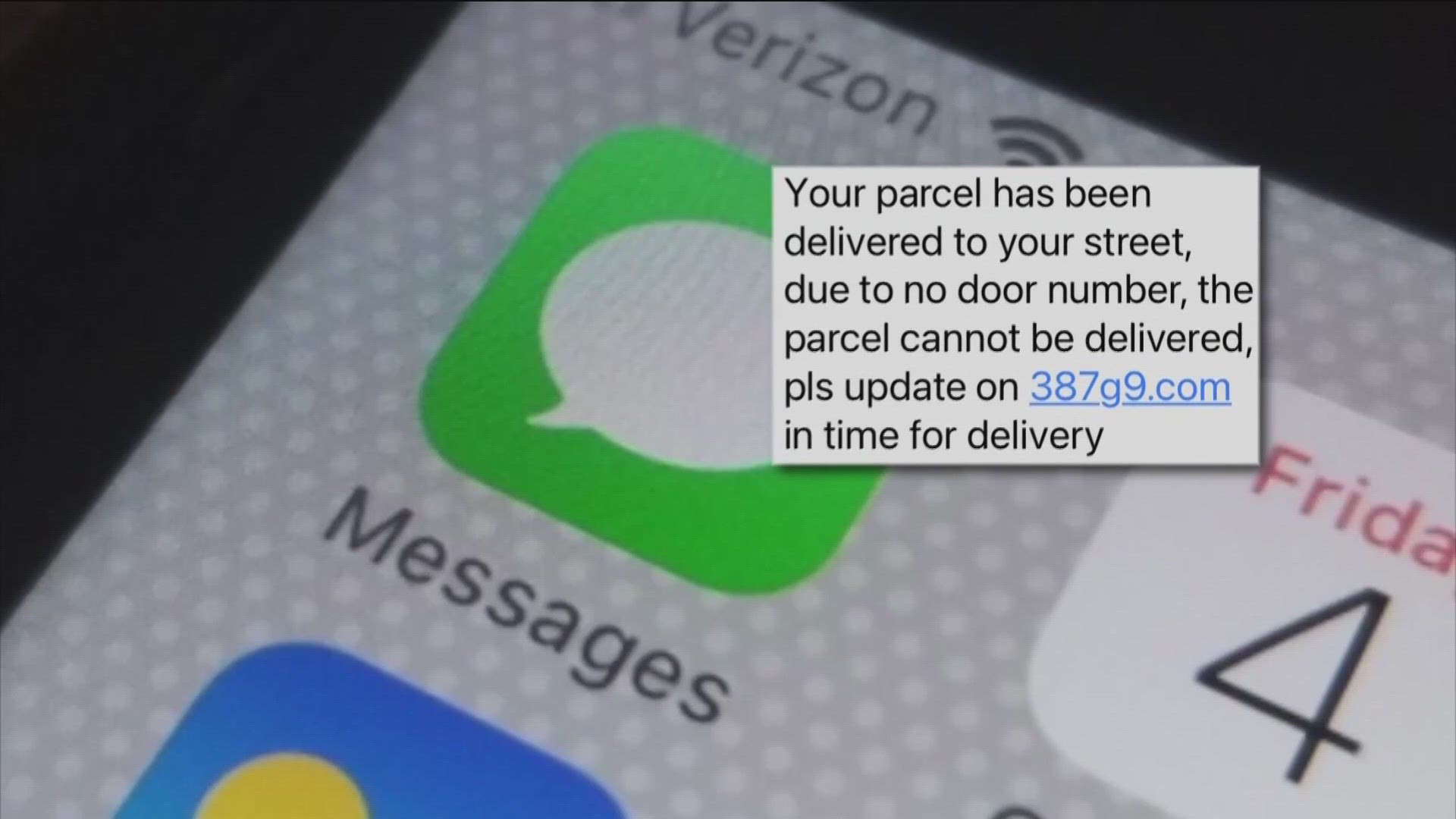SAN DIEGO — The holidays are a time to spread cheer, but scammers are banking on the season of giving. Last year the FBI Internet Crime Complaint Center said it received reports from almost 12,000 victims resulting in $73 million in losses.
There's more social engineering to holiday scams than technical expertise.
“The scammers aren't hacking into our devices. They're hacking into our brains, and they're getting us to respond in certain ways,” said Eva Velasquez, Identity Theft Resource Center President and CEO.
She said there are three top holiday scams circulating right now.
“Particularly this year, are the online shopping scams, the charity scams and the fake delivery scams or phishing emails,” said Velasquez. “There is this sentiment and this feeling this time of year about 'love my fellow man, be of good cheer.'”
But you can still stay jolly by not giving out your personal information without verifying the source of the person who wants it.
“Every single one of us is vulnerable,” said Velasquez.
Let's take a look at cybersquatting where it's one keystroke away from a legitimate email or website.
A source shared with CBS 8 a free turkey coupon from what looks like it's from Whole Foods but a closer look at the sender and the email said WholesFoods.
Velasquez said to verify the merchant by looking up their website and contact information but warns not to click on any links provided in the fake email, text or website.
And if buying from a small business check places like Reddit.
“Do your homework, make sure that you read some reviews, not on the company's website but on third-party websites and make sure that you know who you're talking to and that it's a legitimate website,” said Velasquez.
This time of year, many people receive fake delivery scams via text or e-mail.
“If you do get one of those 'delayed delivery or your delivery wasn't received, there's a problem with your delivery,' go to the source, you know where you shop, you know what items you've purchased,” said Velasquez.
And if you're stuck in the airport this season avoid using public Wi-Fi. Cybercriminals will set up free WiFi to hack your info.
“This type of malware or this type of virus on your device allows that third party to see every keystroke that you're putting in so that includes things like your username and passwords anywhere that you're engaging on that device,” said Velasquez.
She recommends staying alert and if your information has been compromised you scan your device with a malware detector or anti-virus software on your devices.
If you do fall for a scam, freeze your accounts and you can contact the Identity Theft Resource Center which can advise you on what to do next.
“Get the help to get it remedied. And don't torture yourself with that embarrassment and shame. We're all human,” said Velasquez.
Report cybercrimes to the Federal Trade Commission and FBI Internet Crime Complaint Center (IC3).
Watch Related: Woman warns of Amazon Prime membership scam after falling victim (Nov 21, 2023)

